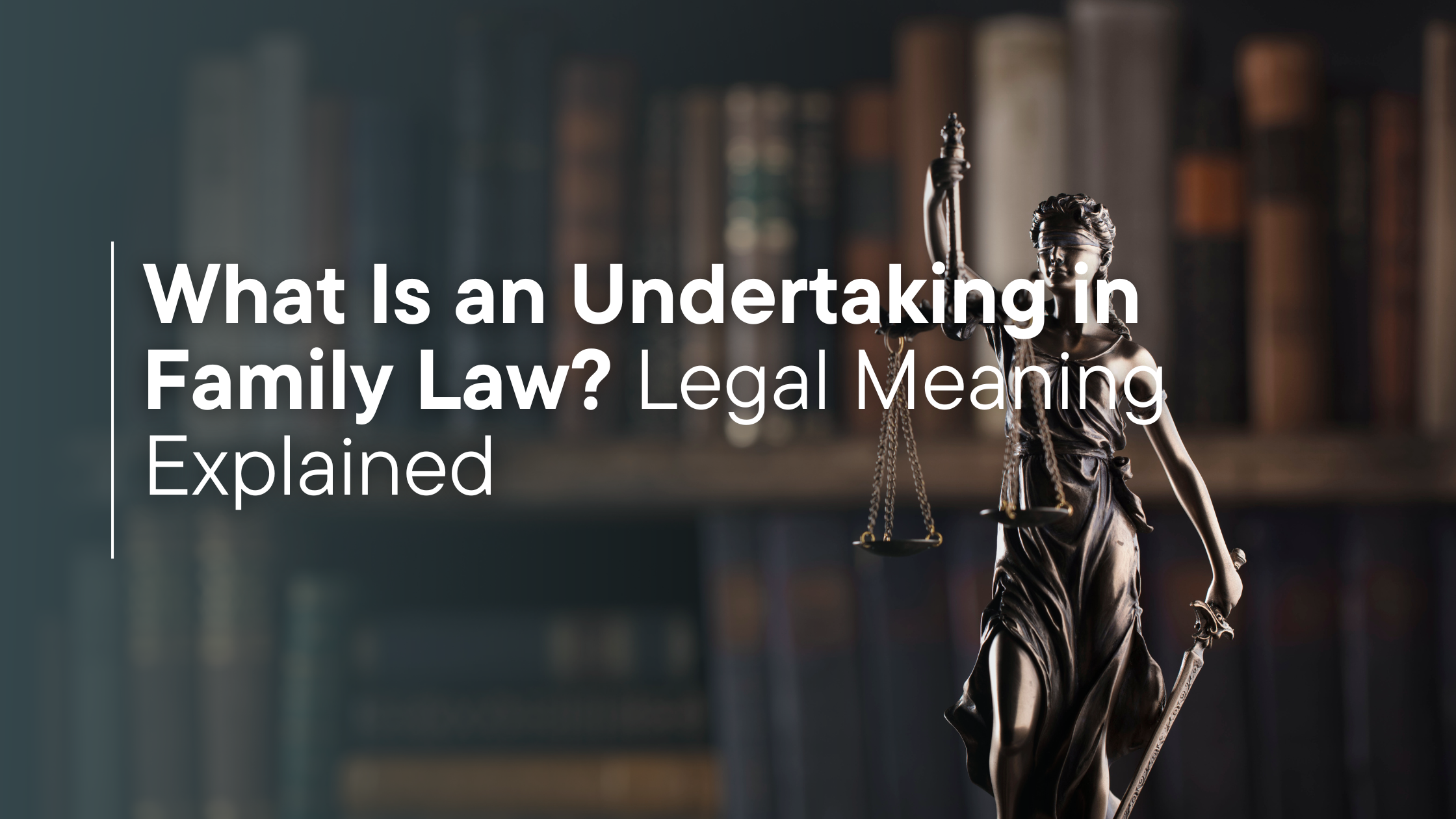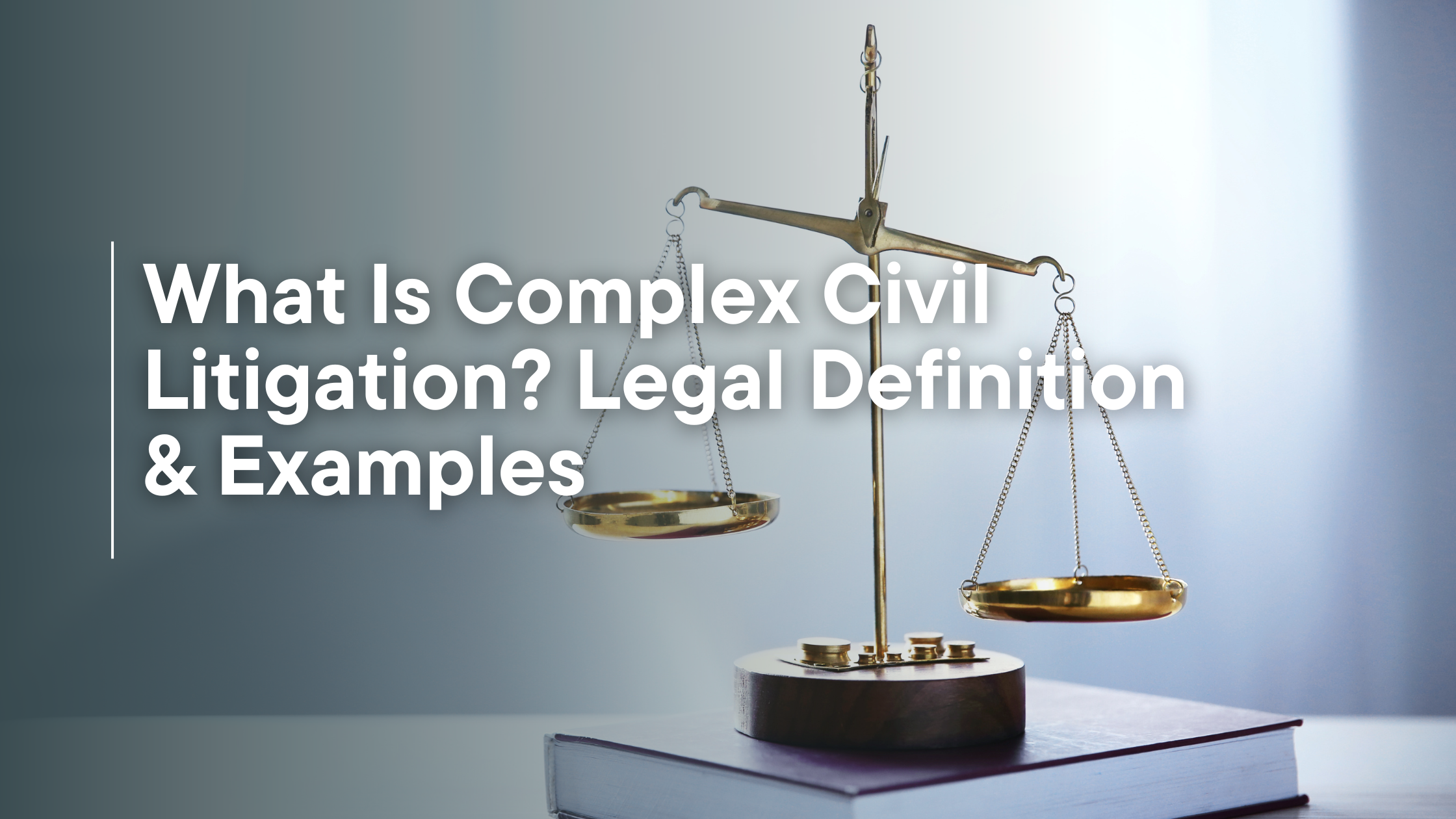In both literature and film, few dilemmas are as compelling as the choice between family loyalty and the strictures of the law. This age-old conflict challenges characters to make difficult decisions, often with profound consequences for themselves and those they love. But which character truly values family over law? Let’s explore this theme and examine the moral complexities it presents.
1. Understanding the Conflict: Family vs. Law

At the heart of many great stories lies the tension between family and law. Family represents unconditional support, love, and loyalty, while the law embodies order, justice, and societal expectations. When these two forces clash, characters are forced to make choices that reflect their values, morals, and personal stakes.
The family vs. law conflict often reveals the gray areas of morality, where right and wrong are not always clear. Characters who value family over the law often justify their actions by believing they are protecting or supporting their loved ones—sometimes at the expense of breaking societal rules. This dilemma not only drives compelling narratives but also forces the audience to reflect on what they themselves would do in such a situation.
2. Key Characters Who Value Family Over Law

Don Vito Corleone – The Godfather
One of the most iconic characters who places family above the law is Don Vito Corleone, the patriarch of the Corleone crime family. Throughout The Godfather, Don Vito demonstrates unwavering loyalty to his family, even when it involves illegal activities. Whether it’s using his influence to settle disputes or carrying out criminal acts to protect his children, Don Vito’s choices consistently prioritize the well-being of his family over the rule of law.
The consequences of his actions, however, reveal the darker side of this loyalty. His decisions create a cycle of violence and betrayal that ultimately affects not only his family but also the broader community. Yet, to Don Vito, the sacrifices made for his family’s protection are justified, painting him as a deeply complex character caught between love and legality.
Walter White – Breaking Bad
In Breaking Bad, Walter White’s transformation from a mild-mannered chemistry teacher to a ruthless drug kingpin is driven by his desire to provide for his family. Initially, Walter justifies his criminal actions by telling himself that he is securing his family’s financial future. However, as his journey progresses, the line between family protection and moral corruption becomes increasingly blurred.
Walter’s descent into the world of crime serves as a poignant example of how valuing family above all else can lead to unintended consequences. His decision to break the law in pursuit of protecting his loved ones ultimately destroys the very family he sought to safeguard. This tragic unraveling speaks to the complexity of the family vs. law dilemma, showing how noble intentions can lead to devastating outcomes.
Tony Soprano – The Sopranos
Tony Soprano, the complex antihero of The Sopranos, provides another compelling example of a character torn between loyalty to family and the demands of the law. As the head of a criminal organization, Tony regularly makes decisions that put his family’s safety and interests first, even when it means breaking the law. Whether he is handling business matters or dealing with personal conflicts, Tony’s first instinct is often to protect his loved ones—no matter the cost.
Tony’s internal conflict, however, is palpable throughout the series. He struggles with his actions, often seeking therapy to address the guilt and anxiety stemming from his dual life. His story reveals how prioritizing family can lead to moral compromise and highlight the emotional toll of constantly choosing loyalty over legality.
3. Exploring Themes
Loyalty and Sacrifice
One of the central themes in stories about family vs. law is loyalty. Characters who value family over law often make significant personal sacrifices. In many cases, these sacrifices are invisible to the outside world but weigh heavily on the individual. Whether it’s choosing to commit illegal acts or accepting dangerous consequences to protect loved ones, these characters display an unwavering dedication to their family, even when it goes against their better judgment.
In both The Godfather and Breaking Bad, loyalty to family becomes a form of sacrifice that extends beyond just protecting loved ones. It involves personal identity, pride, and even survival. These sacrifices may be difficult, but the characters’ commitment to family is unshakeable, revealing the deep emotional core of the family loyalty theme.
Morality and Justice
The conflict between family loyalty and legal justice also raises fundamental questions about morality. What is morally right? Is it right to break the law if it means protecting those you love? Characters like Don Vito and Walter White often justify their illegal actions by framing them as moral decisions. They may believe that the laws they break are less important than the love they have for their families. This raises the issue of whether personal morality can override the law—an issue that has been debated for centuries.
While their actions may seem justified in their own eyes, the consequences often reveal a different story. The question of whether the ends justify the means is central to the character arcs of these figures, forcing the audience to grapple with the complex nature of justice.
The Consequences of Breaking the Law for Family
One of the most striking elements of this theme is the fallout from choosing family over law. In many cases, the characters’ decisions to prioritize family end up causing more harm than good. Whether it’s Don Vito Corleone’s involvement in organized crime or Walter White’s transformation into a criminal mastermind, the consequences of their choices are often catastrophic. This theme illustrates the idea that breaking the law, even with good intentions, can have far-reaching and unpredictable consequences.
At its core, this conflict raises important questions about the limits of loyalty. How far should one go to protect family? And what price is too high for that protection? These characters show that while loyalty to family is a noble trait, it can sometimes lead to actions that spiral beyond control.
4. Conclusion
The theme of family vs. law is a powerful storytelling tool that explores complex human emotions and moral dilemmas. Characters like Don Vito Corleone, Walter White, and Tony Soprano all value their families above the law, leading them down paths filled with both noble intentions and tragic consequences. Their stories force us to reflect on the limits of loyalty and what we are willing to sacrifice for the ones we love.
As you consider these characters and their choices, it’s worth reflecting on your own values. How do you balance family loyalty with the demands of the law in your own life? The answers to these questions are not always clear-cut, but they offer a deeper understanding of the human condition.
Need help navigating a difficult legal issue? Whether you’re dealing with a family matter or facing complex legal challenges, our team is here to guide you with integrity and expertise. Contact us today to see how we can help you protect what matters most.




